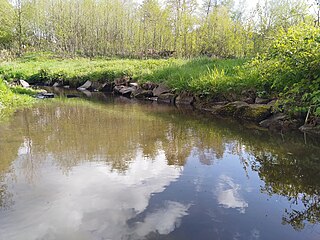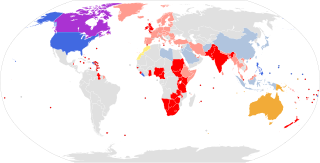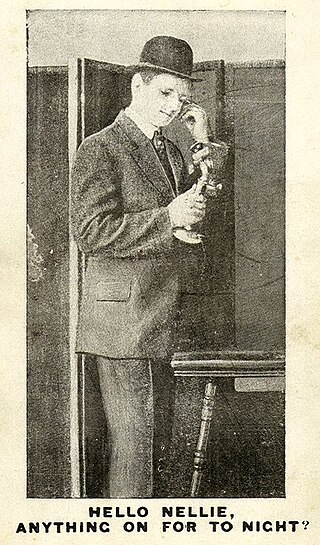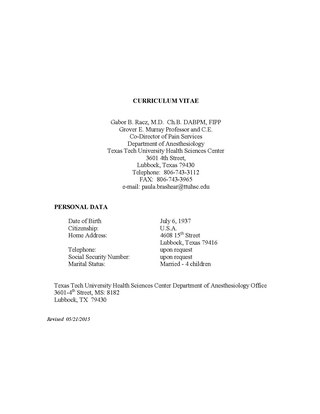This article appears to be a dictionary definition .(January 2024) |
Aussie is Australian slang for Australian, both the adjective and the noun, and commonly, Aus is for Australia. [1] [2] [3] [4]
This article appears to be a dictionary definition .(January 2024) |
Aussie is Australian slang for Australian, both the adjective and the noun, and commonly, Aus is for Australia. [1] [2] [3] [4]
In Australia, New Zealand, South Africa, the United Kingdom, and Ireland, the word is pronounced /ˈɒzi/ , hence the alternative form Ozzie; [5] however, in the United States, it is most often pronounced /ˈɔːsi/ AW-see. [6] [7] [8]
Aussie is a term of identification for people of all multicultural backgrounds that identify as an Australian. [9]
Webster's Dictionary is any of the English language dictionaries edited in the early 19th century by Noah Webster (1758–1843), an American lexicographer, as well as numerous related or unrelated dictionaries that have adopted the Webster's name in his honor. "Webster's" has since become a genericized trademark in the United States for English dictionaries, and is widely used in dictionary titles.
This is a list of British words not widely used in the United States. In Malaysia, Singapore, Hong Kong, Ireland, Canada, New Zealand, India, South Africa, and Australia, some of the British terms listed are used, although another usage is often preferred.

Merriam-Webster, Incorporated is an American company that publishes reference books and is mostly known for its dictionaries. It is the oldest dictionary publisher in the United States.

"McJob" is a slang term for a low-paying, low-prestige dead-end job that requires few skills and offers very little chance of advancement. The term "McJob" comes from the name of the fast-food restaurant McDonald's, but is used to describe any low-status job – regardless of employer – where little training is required, staff turnover is high, and workers' activities are tightly regulated by managers.
A demonym or gentilic is a word that identifies a group of people in relation to a particular place. Demonyms are usually derived from the name of the place. Demonyms are used to designate all people of a particular place, regardless of ethnic, linguistic, religious or other cultural differences that may exist within the population of that place. Examples of demonyms include Cochabambino, for someone from the city of Cochabamba; French for a person from France; and Swahili, for a person of the Swahili coast.

Bibliophilia or bibliophilism is the love of books. A bibliophile or bookworm is an individual who loves and frequently reads and/or collects books.

Owing to the dominance of the Google search engine, to google has become a transitive verb. The neologism commonly refers to searching for information on the World Wide Web, typically using the Google search engine. The American Dialect Society chose it as the "most useful word of 2002". It was added to the Oxford English Dictionary on June 15, 2006, and to the eleventh edition of the Merriam-Webster Collegiate Dictionary in July 2006.

A landmass, or land mass, is a large region or area of land that is in one piece and not broken up by oceans. The term is often used to refer to lands surrounded by an ocean or sea, such as a continent or a large island. In the field of geology, a landmass is a defined section of continental crust extending above sea level.

A body of water or waterbody is any significant accumulation of water on the surface of Earth or another planet. The term most often refers to oceans, seas, and lakes, but it includes smaller pools of water such as ponds, wetlands, or more rarely, puddles. A body of water does not have to be still or contained; rivers, streams, canals, and other geographical features where water moves from one place to another are also considered bodies of water.

Despite the various English dialects spoken from country to country and within different regions of the same country, there are only slight regional variations in English orthography, the two most notable variations being British and American spelling. Many of the differences between American and British/Commonwealth English date back to a time before spelling standards were developed. For instance, some spellings seen as "American" today were once commonly used in Britain, and some spellings seen as "British" were once commonly used in the United States.

Webster's Third New International Dictionary of the English Language, Unabridged is an American English-language dictionary published in September 1961. It was edited by Philip Babcock Gove and a team of lexicographers who spent 757 editor-years and $3.5 million. The most recent printing has 2,816 pages, and as of 2005, it contained more than 476,000 vocabulary entries, 500,000 definitions, 140,000 etymologies, 200,000 verbal illustrations, 350,000 example sentences, 3,000 pictorial illustrations and an 18,000-word Addenda section.

Hello is a salutation or greeting in the English language. It is first attested in writing from 1826.
In the lineal kinship system used in the English-speaking world, a niece or nephew is a child of an individual's sibling or sibling-in-law. A niece is female and a nephew is male, and they would call their parents' siblings aunt or uncle. The gender-neutral term nibling has been used in place of the common terms, especially in specialist literature.

Merriam-Webster's Words of the Year are words of the year lists published annually by the American dictionary-publishing company Merriam-Webster, Inc. The lists feature ten words from the English language. These word lists started in 2003 and have been published at the end of each year.

In English, a curriculum vitae is a short written summary of a person's career, qualifications, and education. This is the most common usage in British English. In North America, the term résumé is used, referring to a short career summary.
Bloke is a slang term for a common man in the United Kingdom, Ireland, Australia, New Zealand and South Africa.